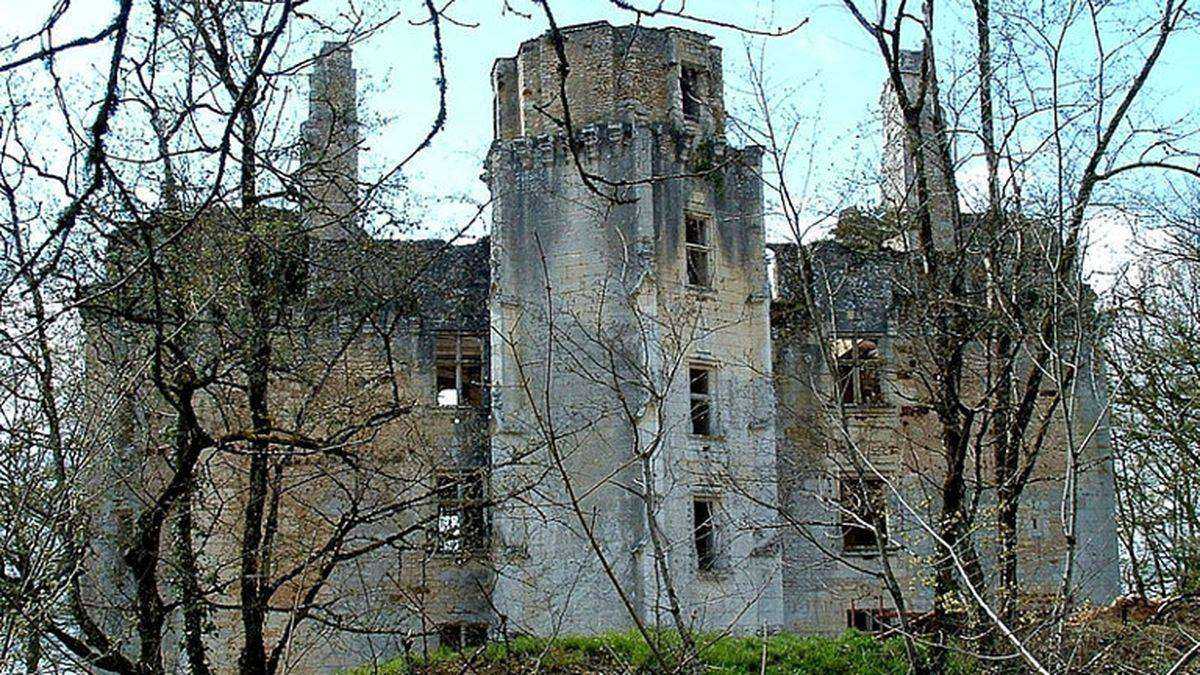 The castle | ©MOSSOT / CC-BY-SA
The castle | ©MOSSOT / CC-BY-SAFrom Calvimont to Hautefort
A curse on you!!
The first mention of l’Herm dates back to 1384. Then the land was owned by the Calvimont, a commoner family who became rich merchants.
We had Jean de Calvimont and his wife Catherine de Prouillac, who died in 1490. His son Jean II, ambassador for emperor Charles the Fifth in 1526, married Catherine Dupuy. This man raised the current castle in 1480.
His son, Jean III, completed it in 1512. He had a son of a second marriage with Marguerite de Farges: Jean IV. Jean IV violently died.
The gory curse began with him! The famous curse of l’Herm...
Louis XIII’s mistress
In 1682, Marie de Hautefort owned the castle. She was king of France Louis XIII’s mistress, his platonic love, nicknamed ″the Dawn″ because of her beauty and her sweetness.
Anyway, no one wanted the castle, after the curse’s story. New owners finally bought it in the 20th century.
The visit of l'Herm
L'Herm stands in middle of forest of La Barade. A romantic castle, its jagged silhouette emerging from the trees…
The castle is a rectangular dwelling house with 3 floors, two round towers with machicolation and a hexagonal staircase. A draw-bridge and moats used to defend the castle.
We have a real medieval fortress, but with Renaissance details: the nice staircase with its lovely portal, the sculpted chimneys…
We can see Calvimont’s blazon (two angels, two lions and two towers) on one of them.
Jacquou le croquant
Do you know Jacquou le croquant? A novel written in 1899 by French author Eugène Le Roy…
Is there a link with our castle? Yes it is! Le Roy was born in Hautefort (Périgord) in 1836 and he knew l’Herm. He drew his inspiration from the castle for his novel!
The story takes place in 1815. In the castle lived count de Nansac, a cruel man who caused pain to local people, poor peasants… including Jacquou.
His dad died to the galleys, unfairly accused of murder by this lord…
Jacquou took revenge with his band of ″croquants″ (common people from Southern France who rebelled against the nobility in the 18th c.), and finally burnt the castle…
The count was ruined and Jacquou could live happily with his family.
